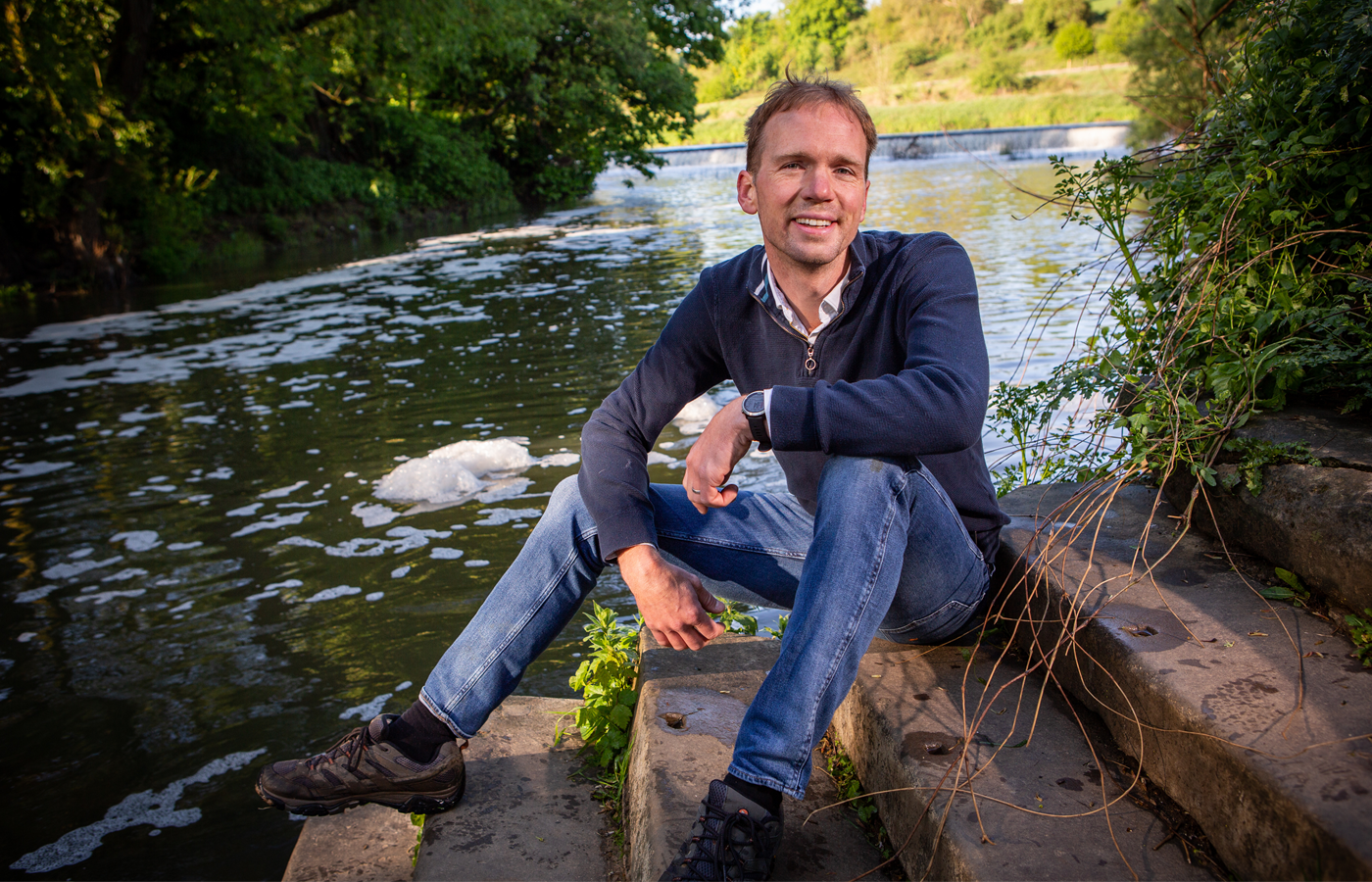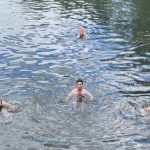Are our rivers fit to swim in?
The Rivers Trust hosted a day of intensive monitoring at Warleigh Weir on the River Avon on Tuesday to acquire a comprehensive picture of the water quality in the area.
A team of volunteers monitored the water quality of the Weir and its upstream tributaries as part of the race to become the UK’s first river spot to achieve designated bathing water status.
Following a training day on Monday, volunteers from the Warleigh Weir Project Guardians Group and staff from partner organisations took water samples from 22 sites between Warleigh Weir and Melksham, as well as five tributaries which meet the Avon between those two points.
The samples taken will be processed at a local laboratory and assessed by UCAS-accredited analysts.
Christine Colvin, Director of Partnerships & Communications at The Rivers Trust, said: “The data gathered through citizen science will contribute to the strong evidence base required to introduce designated bathing water status in UK rivers. This is a goal which requires a lot of collaboration with sometimes unlikely partners, but will improve rivers for people and wildlife alike.”
Ian Mock, Chair of Bristol Avon Rivers Trust, said: “We are delighted to see the subject of water quality on the Bristol Avon and its tributaries in the news. It is vital local communities are aware of the pressures on their rivers and streams and we hope the partnership working outlined will lead to more substantive improvements in water quality for the benefit of future generations of people and wildlife.”

Johnny Palmer is the landowner of popular swimming and bathing spot Warleigh Weir
With recreational river use becoming increasingly popular in recent months, there is growing concern that members of the public could be swimming, fishing or paddling in water polluted with human waste.
The landowner of Warleigh Weir, Johnny Palmer, keeps the site accessible to the public, but has concerns about the health risks of swimming in open rivers. “This first testing day is a good start, but it is just a start,” he said.
“We have a lot of work to do to clean up Britain’s waterways. I purchased the island at Warleigh Weir to encourage sustainable and responsible use of the countryside. Having raw sewage flowing into our rivers undermines this vision, so we setup Sewage Free Swimmers to help other sites make their waterways safer to swim in.”
The monitoring of the site comes amid recent media reports focussing on the issue of combined sewer overflows (CSOs), which are designed to remove excess water from storm water and sewer systems during extreme rainfall, resulting in diluted sewage being released into rivers.
The Rivers Trust highlight the other, lesser reported issue, of water companies treating sewage at water recycling centres, then releasing the treated waste water along the UK’s waterways. They say that while waste water might meet effluent standards, which is deemed to be safe for wildlife, it doesn’t necessarily meet bathing water standards.
The Rivers Trust’s national Together for Rivers campaign, which aims to see designated bathing water status introduced in the UK’s popular recreational river locations, say their campaign is gaining momentum to bring about change.
Download our September issue to read our recent interview with Warleigh Weir landowner Johnny Palmer.







